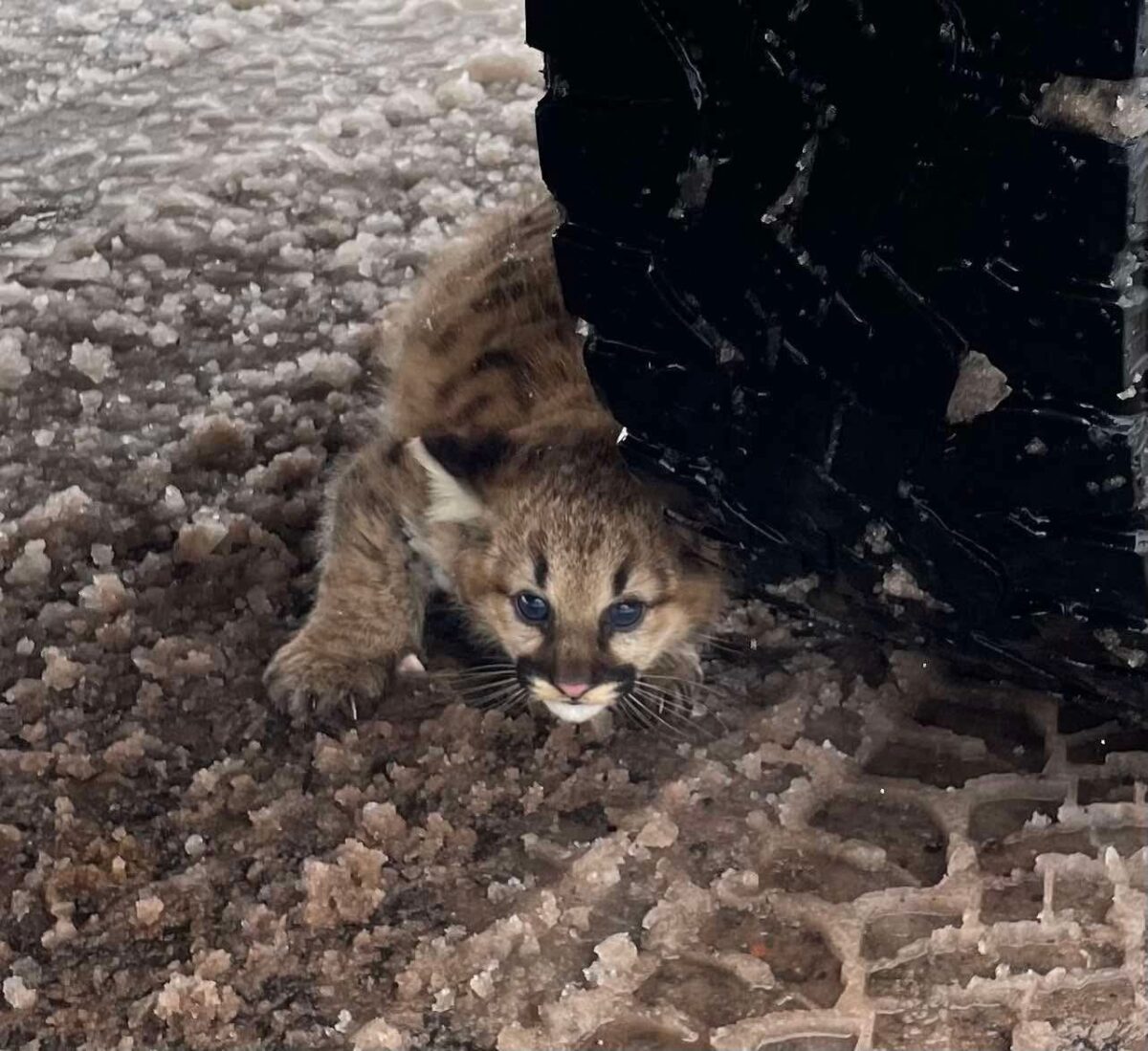By Josh Rosenau, Director of Policy & Advocacy
On October 25, the Mountain Lion Foundation and our partners filed a petition with Washington state’s Fish and Wildlife Commission, seeking to restore science-based guidelines for cougar hunting management. The petition asks for a series of changes which would prevent excessive hunting, and would reinstate more protective policies that have been slowly eroded since 2017. The Commission has 60 days to address the petition from the date it was filed. If the Commission accepts the petition, that will begin an extensive rulemaking process, including opportunities for formal public comment, and further voting by the Commission. Through that process, they could choose to strengthen or remove any of the changes we requested.
Addressing the Commission’s meeting on October 27, I addressed the Commission as a resident of Washington and in my role as Director of Policy and Advocacy, responding to earlier public comment by hunting groups: “Notwithstanding the fearmongering you may have heard from others today, the petition’s aim is quite modest. We ask that the department base its hunting guidelines on the decades of research on Washington’s cougar populations, most of it paid for by our tax dollars through the Department and state universities.”
The petition makes a number of specific requests to the Commission. At its core is a request to return to rules adopted in 2017 which limited hunting to approximately 14% (give or take 2%) of a game management unit’s adult cougar population. That 12-16% cap is based on extensive research in Washington and other western states, and that same cap is a standard part of our requests to all state wildlife agencies. In addition, the petition asks that the population baseline should be set using data from the decades of field work by Washington Department of Fish and Wildlife scientists, not “perceived density” or other such unscientific dodges adopted by previous Commissions in order to raise hunting limits.
The petition also asks the commission for a series of common-sense changes that simplify and clarify the hunting rules. We ask that they close a loophole in which subadult kills (18-24 month-olds) simply do not count toward hunting limits at all. We ask for a single hunting season, in which hunting would cease in units the day that hunters hit the game management unit’s limits; under the current complex system, a season that ends at midnight on December 31 can never close based on overhunting, but a minute later on New Year’s Day, a season begins in which hunting ends a week after hunters reach an area’s limits. The petition also asks that all killings, including those in response to depredation or claims of a threat to public safety would count toward the limits that can close areas to further hunting, and reverses increased bag limits on cougars in the Blue Mountains, an unsuccessful policy implemented in 2022 as an unscientific and unwarranted experiment to address declining elk populations in an area disrupted by climate change. Finally, the petition asks that cougar hunting be returned to the normal three-year cycle of season setting, rather than the current ad hoc schedule.
To explain these requests, the petition offers a detailed history of how the hunting guidelines deviated from the science-based guidelines of the past, and details the scientific basis for the proposed rules. Because many of those decisions were made simultaneously with changes to bear hunting guidelines, the full petition also suggests a set of parallel changes to bear hunting as well. While the full petition clocks in over 80 pages, based on records request and research by the Mountain Lion Foundation and partner groups — especially Claire Davis of Animal Earth Law — the proposed changes to department regulations are quite minimal, and the effect on most hunters would be almost nonexistent. The benefit to cougars would be immense, and we will offer members in Washington opportunities to express their support for this petition in the days to come.
The petition and its associated files are available as a .zip file.



 Facebook
Facebook Twitter
Twitter Send Email
Send Email


